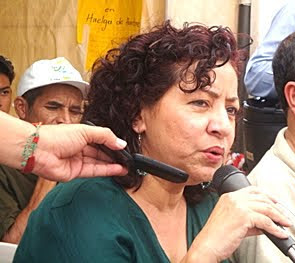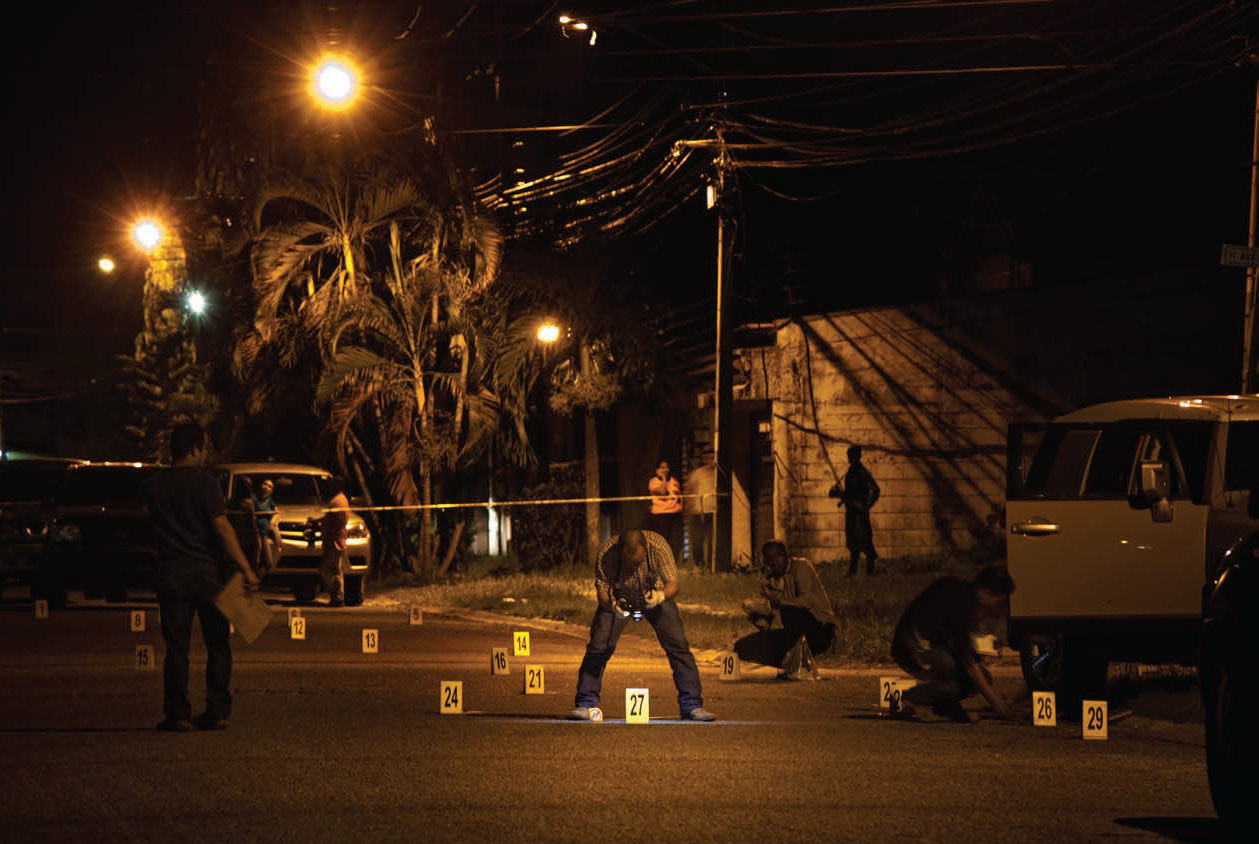
Regina Fonseca
Front Line Defenders is honoured to host Regina Fonseca, sexual and reproductive rights defender from Honduras, for a number of speaking engagements across Ireland and Spain.
Regina Fonseca is a Honduran women’s rights defender, psychologist, and women's studies scholar with more than 30 years of experience in the struggle for these rights, particularly sexual and reproductive rights. She is currently Director of International Advocacy at the Women’s Rights Centre (Centro de los Derechos de Mujer - CDM) in Honduras, struggling for reproductive rights in a country where abortion in any circumstance is criminalised. in Honduras, it is also illegal to procure emergency contraception. The CDM’s political support of the sexual and reproductive rights of women, especially young women, is dangerous in part due to the heavy influence of the church in public policy. Regina and her colleagues have been defamed and threatened because of their work, facing discreditation in the media, including being labelled “soulless” and “murderers”.
The Women’s Rights Centre is a feminist organisation which has been active for 25 years in the promotion and defense of the human rights of women. It is part of the Mesoamerican Initiative for Women Human Rights Defenders, the Latin American and Caribbean Network for Women’s Health and many others. The Centre has drafted alternative reports for UN Committees such as CEDAW, the Committee on Economic, Social and Cultural Rights and for the UPR.

